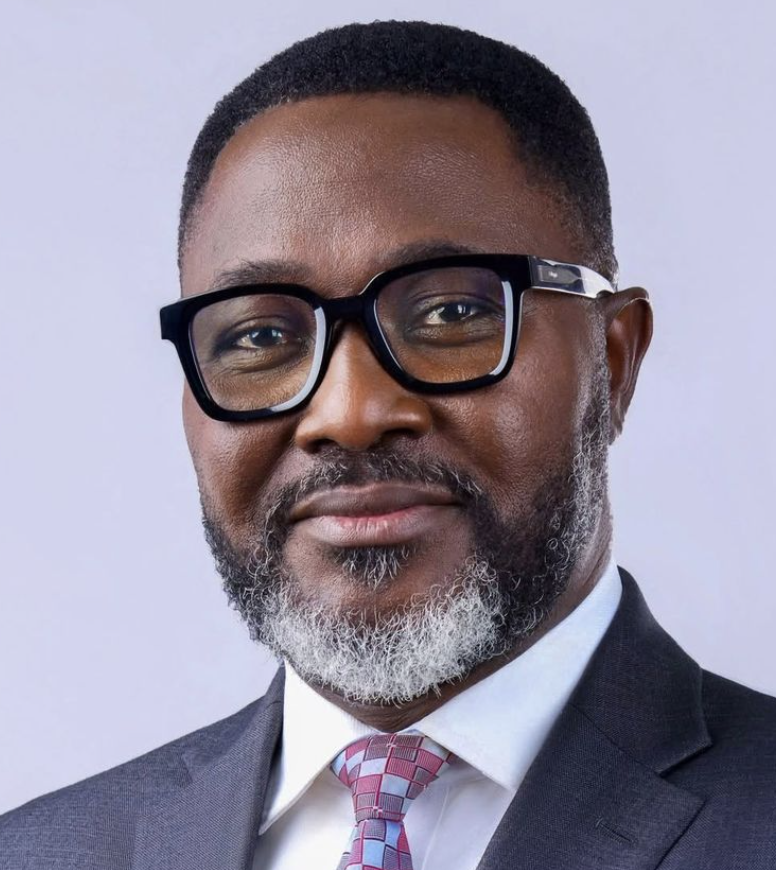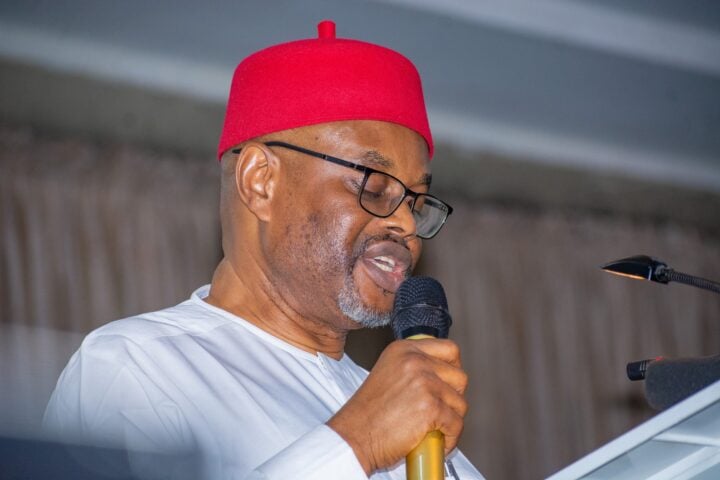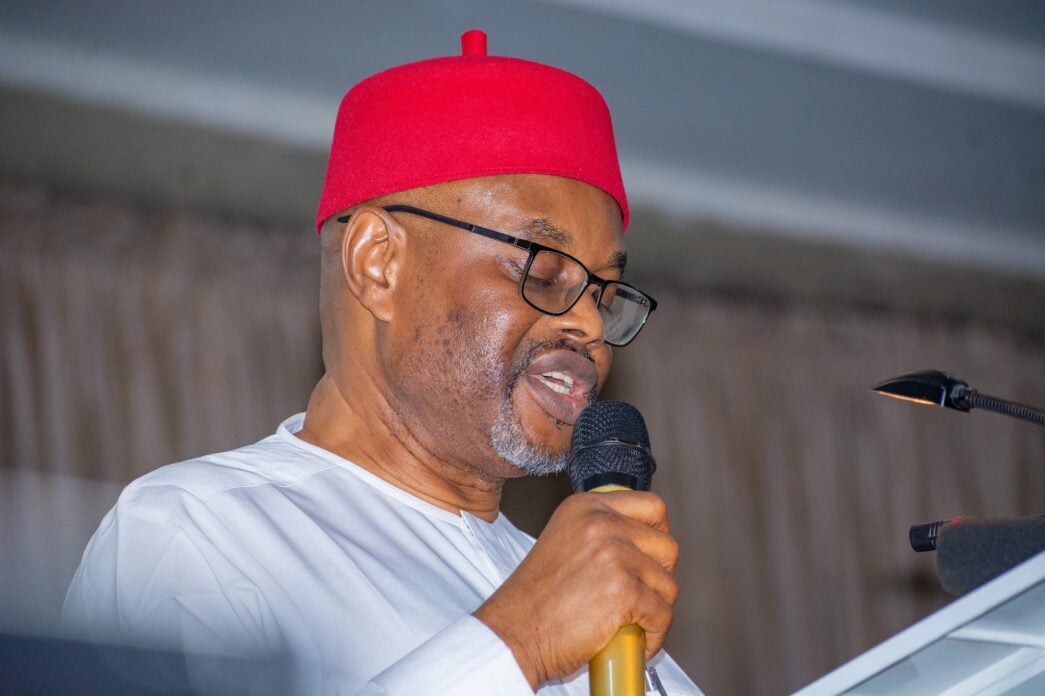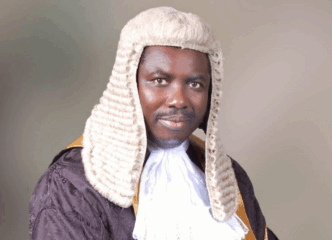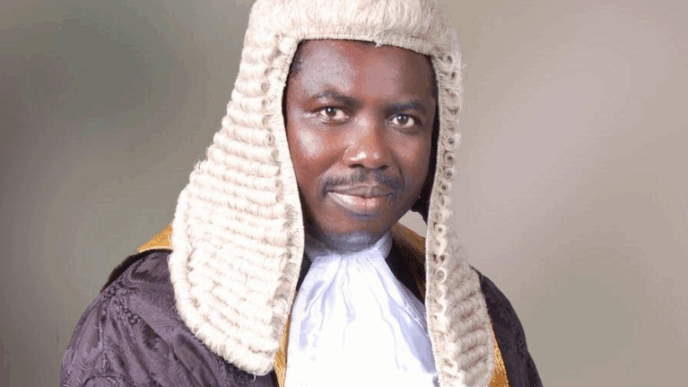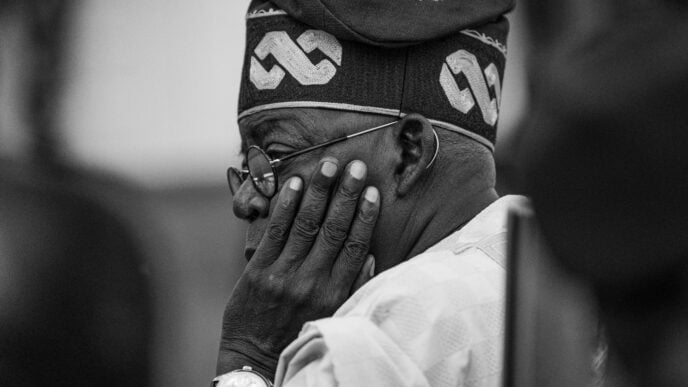In any functioning democracy, public trust is the most valuable currency. When that trust is eroded by controversies involving high-ranking officials, the entire foundation of governance comes under scrutiny. The recent events involving the former Minister of Innovation, Science, and Technology, Uche Nnaji, who resigned amid a public dispute over his academic and service credentials, have once again thrown the spotlight onto the critical issues of integrity and accountability in Nigeria’s leadership landscape.
This matter transcends the political arena; it forces a critical conversation about the standard of character required not only in public office but also within corporate boardrooms and religious pulpits.
Integrity (the unwavering adherence to ethical and moral principles) is the non-negotiable minimum standard for anyone holding authority. The allegations of certificate falsification against the former Minister, which led to his stepping down, are potent symbols of the systemic character deficit that undermines public faith. The controversy was amplified by reports suggesting that key institutions, including the University of Nigeria, Nsukka (UNN) and the National Youth Service Corps (NYSC), disowned the documents the Minister was reported to have presented.
While the primary focus falls on the public sector due to the inherent nature of political appointments, this challenge is universal. In the corporate world, misrepresenting qualifications can lead to massive fraud and shareholder losses. In religious leadership, a lack of transparency concerning personal history can compromise the moral authority of the entire institution. Integrity, therefore, is not a sectoral luxury; it is a fundamental requirement for all forms of legitimate leadership.
Advertisement
The decision to enter public service, whether through election or appointment, is an invitation into a glass house. The intense scrutiny is an unavoidable risk, and it is precisely this mechanism (the vigilance of the media and civil society) that serves as a necessary check on power.
However, the consequences of a breach of accountability, or the “runout,” are systemic. The Nnaji controversy did not merely affect one man; it called into question the integrity of the entire vetting process. When media investigations unearth issues that ostensibly escaped the scrutiny of the Department of State Services (DSS) and the Senate during the confirmation hearings, it suggests either gross incompetence in the screening process or a deliberate institutional failure.
This institutional implication is the most damaging runout of all. It breeds cynicism among citizens who conclude that the system is rigged, that character deficiencies can be overlooked for political expediency, and that transparency is merely a performative act. For the government to restore confidence, the response to alleged wrongdoing must be as robust as the exposure itself.
Advertisement
In his defence, the former Minister claimed he was the target of an “orchestrated sustained campaign of falsehood” driven by political detractors. This claim highlights a real and dangerous aspect of political life in Nigeria, where character assassination is often employed as a political weapon. Honest, capable leaders must navigate this minefield of genuine scrutiny and malicious propaganda.
However, where allegations involve falsification of foundational documents, the moral imperative transcends political sparring. The leader’s primary duty shifts to safeguarding the dignity of the office and the institution of the state. While a strategic resignation, as the Minister chose, may temporarily diffuse political tension and respect due process, it does not fully address the moral or legal question.
The Challenge to Quality Talent
What moral imperative does this scenario portend for aspiring leaders? It essentially establishes a high-stakes ethical gauntlet. The current institutional environment carries the risk of deterring highly ethical individuals from offering themselves for public offices, both elective and non-elective. Qualified professionals with impeccable records may look at the intense, often brutal, scrutiny and the potential for reputational damage (even from political opposition) and opt to serve only in the private sector where the risks are arguably less corrosive.
Advertisement
Conversely, the absence of robust, transparent, and legally consequential outcomes for proven integrity breaches may embolden those with lower ethical standards to continue seeking office, calculating that the penalty for being caught is merely a quiet administrative exit.
To affect the quality of people who offer themselves for public office positively, the nation must enforce a new standard: the moral imperative must be underpinned by legal certainty. Vetting must be mandatory and verifiable, and prosecution for proven document falsification must be swift and politically neutral. Only when high character is seen as a necessary foundation (and not a liability) will the talent pool for public service truly reflect the integrity the nation deserves.
Views expressed by contributors are strictly personal and not of TheCable.
